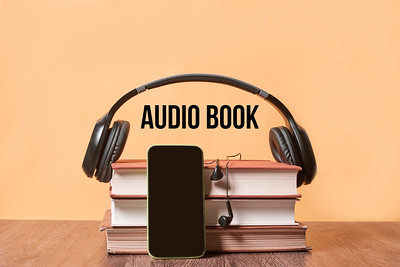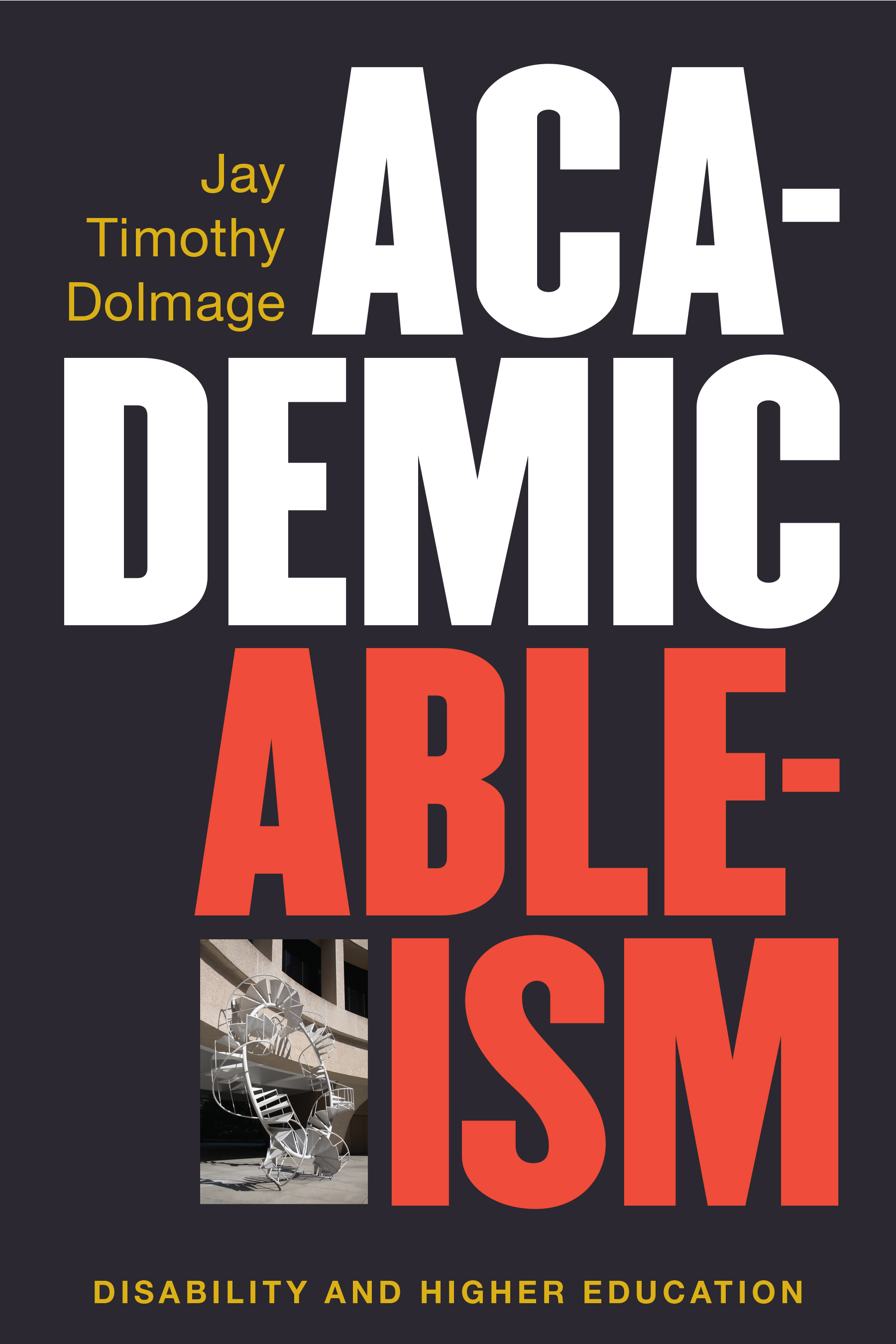Democracy, Civic & Global Engagement | Human Health & Well-Being
Audiobooks Expand Specialist Monograph Accessibility and Use

Image by Marco Verch, https://www.flickr.com/photos/30478819@N08/51061297546
The use of audiobooks is growing. Globally, the number of current audiobook consumers almost certainly exceeds half a billion. That includes more than 73 million people in the United States listening to an audiobook at least once a year.
In the media, the trend is usually framed in terms of financial opportunity. In 2020, the Audiobook Publishers Association cited publishers’ audiobook revenue rising to US $1.3 billion, the ninth year of double-digit growth in sales. Very little of this money was earned by publishers of scholarly monographs. Because such books are long and complex, they are expensive to produce. The financial returns per book are too low to scale audiobook availability of specialist titles using conventional approaches.
Until now, audiobooks produced by the University of Michigan Press (UMP) have been made possible through grants or personal favors. For example, Greg Chung’s great recording of Academic Ableism by Jay Dolmage was supported by the University of Waterloo. Lorelei King’s beautiful recording of Trade and Taboo by Sarah Bond was enabled by a grant from the University of Iowa and enriched by the reader’s passion for classical studies.
There is no substitute for an audiobook recorded by a professional actor. But making a larger percentage of the list accessible requires a different approach.
The Google Text to Speech (TTS) program allows UMP to inexpensively create natural-sounding machine-read audiobooks in-house and distribute them both through the Google Play store and as a benefit to libraries that purchase the University of Michigan Press Ebook Collection. Over 250 UMP authors have already opted into the program, including some with open access titles. Coronavirus Politics is read by “Jill”, Gaming the Stage by “Mary”, and Just Vibrations by “Mike.” An ever-increasing number of U-M Press titles are available for purchase through the Google Play Store.
It’s been fascinating to work with Michigan authors and Google engineers on issues such as the gender and ethnicity of different computer voices. While AI poses many ethical issues, making audiobook editions of specialist books more available will offer immense benefits for students and print-disabled readers.
Lauren Paljusaj is a Master’s student at the University of Michigan's School of Information. They have been working with Google to refine the tool. Their work includes explaining the program to authors, helping them choose an AI voice, converting books, reporting bugs to Google, and making corrections behind the scenes; for example, to help the AI learn problem pronunciations. Documenting the workflow so that other students can help is also important for the future.
Interested in hearing the examples of some of the different voices Google has designed? Most Lever Press titles include free downloadable audiobook files from the Google TTS program. Click on "download" on each book page to get the widely compatible MP3 edition.
Books:

Academic Ableism: Disability and Higher Education
DOI: 10.3998/mpub.9708722, Paperback ISBN: 978-0-472-05371-1, OA ebook ISBN 978-0472-90072-5, Audiobook ISBN 978-0-472-00366-2
by Jay Timothy Dolmage

Coronavirus Politics: The Comparative Politics and Policy of COVID-19
DOI: 10.3998/mpub.11927713, Paperback ISBN: 978-0-472-03862-6, OA ebook ISBN: 978-0-472-90246-0
by Scott L. Greer, Elizabeth J. King, Elize Massard da Fonseca, André Peralta-Santos, Editors